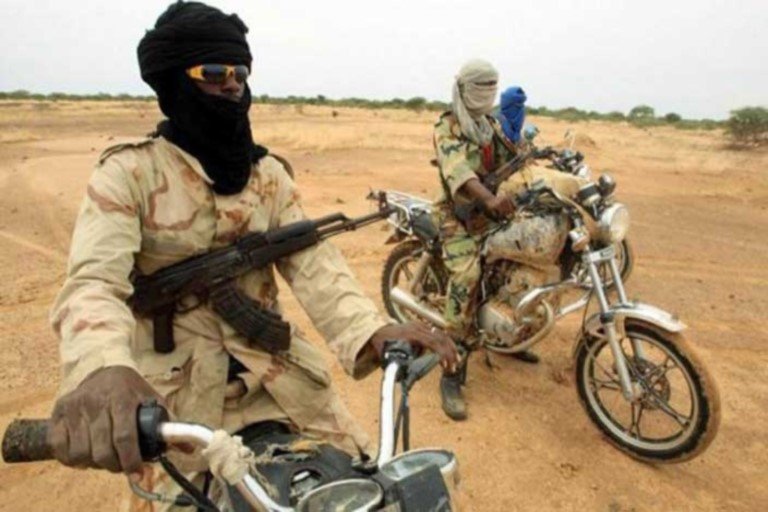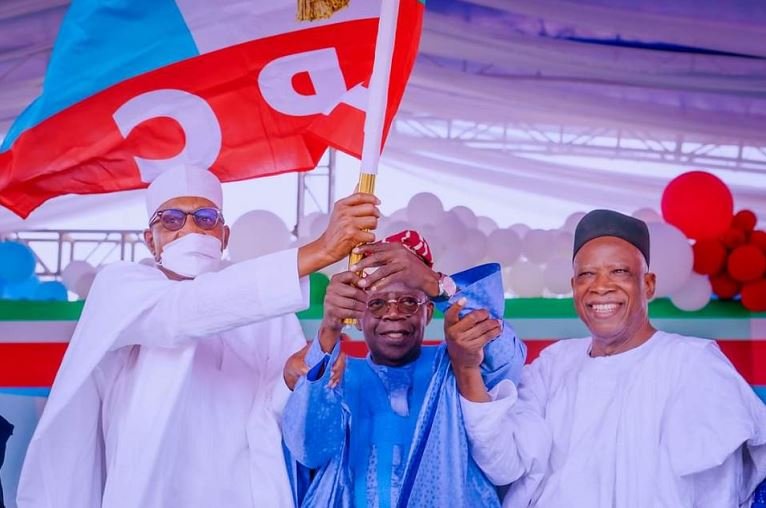The federal government spent a total of N1.03 trillion to combat insecurity and terrorism between January and June 2024.
According to the budget implementation report for the first half of 2024 received by our correspondent via Open Treasury, a website that tracks government spending, the amount indicates a disbursement rate of 42.80 percent from its authorisation of N2.41 trillion, with a balance of N1.38 trillion.
Despite this spending, it was discovered that 5,801 Nigerians were slain in terrorist assaults and 4,348 individuals were abducted in the first seven months of 2024.
Data from an Indigenous intelligence organisation, Beacon Consulting, revealed that the number of fatalities occurred during the various attacks seen in 574 local government areas around the country.
A breakdown by geographical zone revealed that 2,223 people were slain in the North-East, accounting for 33% of all events, with 1,609 people dead and 614 kidnapped in 88 local government councils.
In the North-West, 125 councils reported attacks that claimed the lives of 2,023 people and abducted 2,607 others. 96 councils reported occurrences in the North-Central region, with 1,102 people killed and 847 kidnapped.
South-West registered attacks in 106 councils, resulting in 434 deaths and 93 abductions.
In addition, 275 people were killed and 145 abducted in 81 South-South councils.
In the southeast, 358 fatalities and 42 abductions were reported throughout 78 local government areas.
Insecurity has significantly hampered Nigeria’s socioeconomic progress, affecting many facets of daily life across the country.
The broad threat of violence and criminality comes from a variety of sources, ranging from terrorism to banditry, livestock rustling, and kidnapping for ransom.
Despite the government’s vow to combat the threat by investing in advanced attack equipment, militants continue to operate with great impunity.
Although the number of attacks and casualties has dropped, persistent threats emphasise the continued challenges of comprehensive security.
Meanwhile, the Federal Government allocated N9.53 trillion to Ministries, Departments, and Agencies for the first six months of the 2024 fiscal year.
The amount represents a 24% disbursement rate from the entire appropriation of N38.83tn, leaving a balance of N29.3tn.
According to data gathered and assessed by our correspondent using Open Treasury, a website that tracks government spending, the money was distributed to over 500 MDAs between January and June 2024 for operations and infrastructure development in the country.
This incident came amid reports of the government’s inadequate funding for MDAs. Mrs. Oluwatoyin Madein, the Federation’s Accountant-General, recently stated that the government has failed to begin implementing the capital component of the 2024 national budget.
She stated that the decision to continue implementing the 2023 budget was made in conjunction with Wale Edun, Minister of Finance and Coordinating Minister of the Economy, and Atiku Bagudu, Minister of Budget and Economic Planning.
However, the circumstance may have an impact on the government’s January-December budget cycle as well as its national development plan 2021-2025.
However, the circumstance may have an impact on the government’s January-December budget cycle as well as its national development plan 2021-2025.
A breakdown of the data revealed that the Ministry of Finance topped the list with the largest allocation of N4.96 trillion, representing a 36.94 percent disbursement rate of its N13.43 trillion appropriation, leaving a balance of N8.47 trillion.
The rise in allocation for the finance ministry is most likely related to salary payment requirements. The defence ministry then made a payment of N1.03 trillion.
This translates to a distribution rate of 42.80 percent of its N2.41 trillion appropriation, with a balance of N1.38 trillion.
The document revealed that the government spent N1.28 trillion on defence and security, N859.9 billion on economic affairs, N314.5 billion on health, N784.37 billion on education, and N103.5 billion on social protection during the review period.
Other areas include general public services (N5.42 trillion), public order and safety (N764.98 billion), environmental protection (N11.67 billion), housing and communities (N175.49 billion), and recreation, culture, and religion (N31.79 billion).











